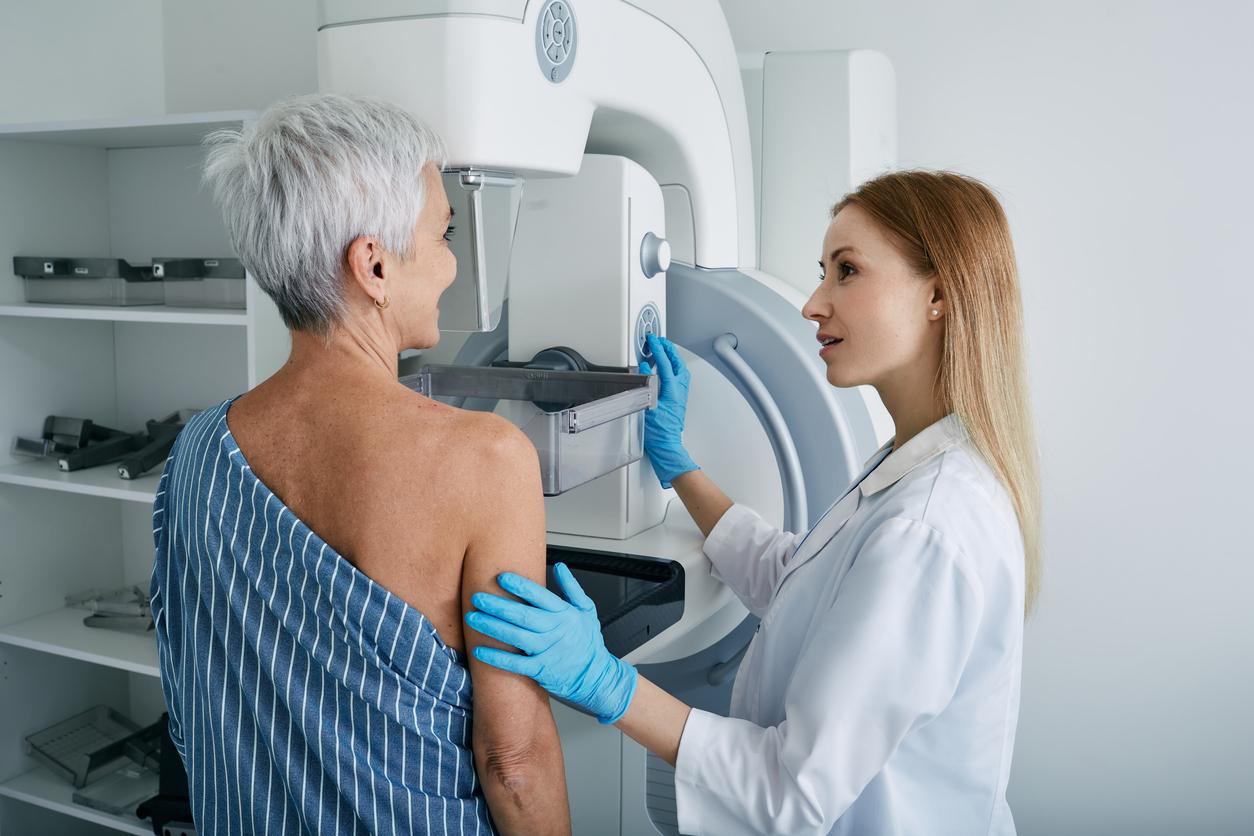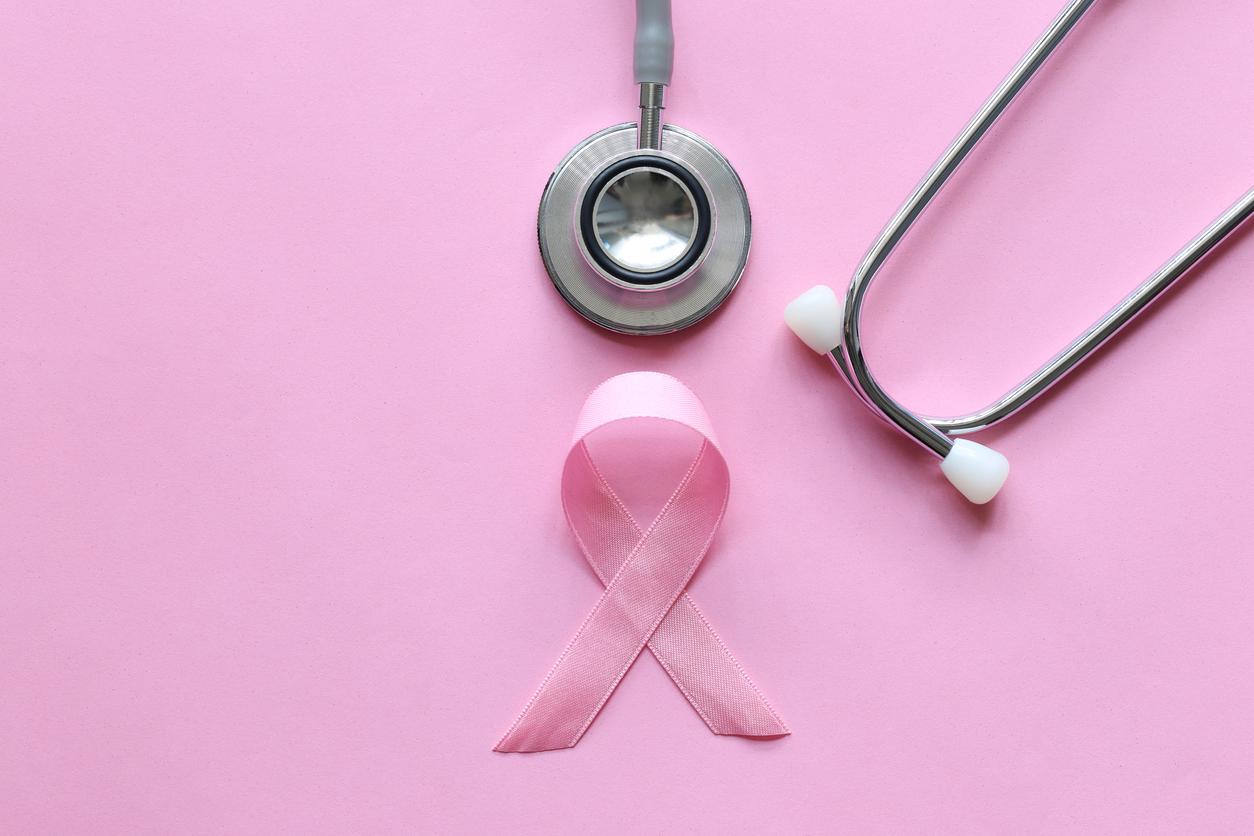Women who experience early menopause have an increased risk of developing breast cancer, a new study warns.

- American researchers have found that women who reached menopause before the age of 46 were almost twice as likely to develop breast cancer as other women of the same age.
- Their family members were also more likely to have breast, prostate or colon cancer.
- Scientists are calling for increased surveillance and cancer screening for women experiencing early menopause.
If you went through menopause before age 46, be careful. Women with primary ovarian insufficiency, a condition that leads to early menopause, were nearly twice as likely to develop breast cancer, according to a study published in the journal The Journal of Clinical Endocrinology and Metabolism.
The research also shows that it may be a good idea to talk openly about menopause with your family, as relatives of women who reach menopause before the age of 46 also have an increased risk of breast, prostate and colon cancer.
Early menopause: women should benefit from cancer screening
To assess the risk of breast cancer in women who reached early menopause, the researchers collected medical records from 613 patients diagnosed with primary ovarian failure between 1995 and 2021 and 165 others who reached early menopause. The data showed that people whose periods stopped before age 46 were twice as likely to develop breast cancer as other women of the same age.
“When women suffer from primary ovarian insufficiency, they are at risk of developing a number of diseases such as osteoporosis and cardiovascular disease,” explains the study’s lead author, Dr. Corrine Welt, an endocrinologist and researcher at the University of Utah. “The results suggest that some of these women should also be monitored throughout their lives to detect their cancer risk.”adds the expert in a press release.
To understand the link between this disorder and breast cancers, scientists examined the DNA of six women. Each of them had an unusual variation in one of the genes that keeps cells healthy. Dr. Welt said the variation could both compromise ovarian health and increase the risk of uncontrolled cell division, a hallmark of cancer.

Primary ovarian insufficiency: family has increased risk of cancer
Noting that primary ovarian failure is often hereditary and that the mutations involved were similar to those implicated in cancer, the team also assessed the risks of the patients’ relatives. They found that second-degree relatives (aunts, uncles, grandparents, nieces and nephews) of women with primary ovarian failure face a 30% increased risk of breast cancer and a 50% increased risk of colon cancer.
It might also be worth encouraging women to talk to the men in their family about their condition. Indeed, the study shows that their fathers, sons, grandfathers, uncles, nephews and cousins have an increased risk of prostate cancer ranging from 30 to 60%.
















